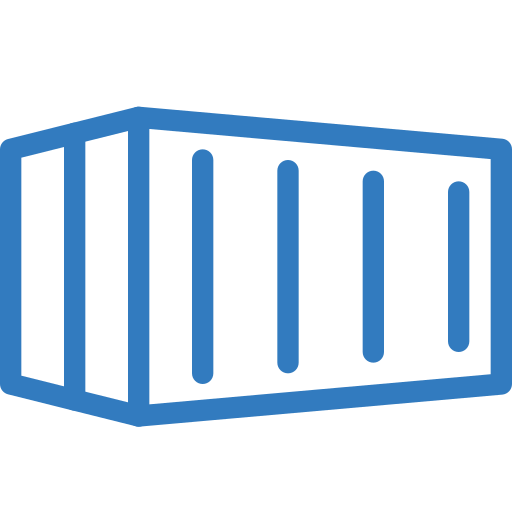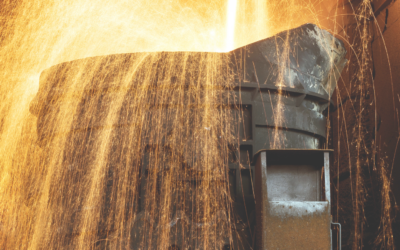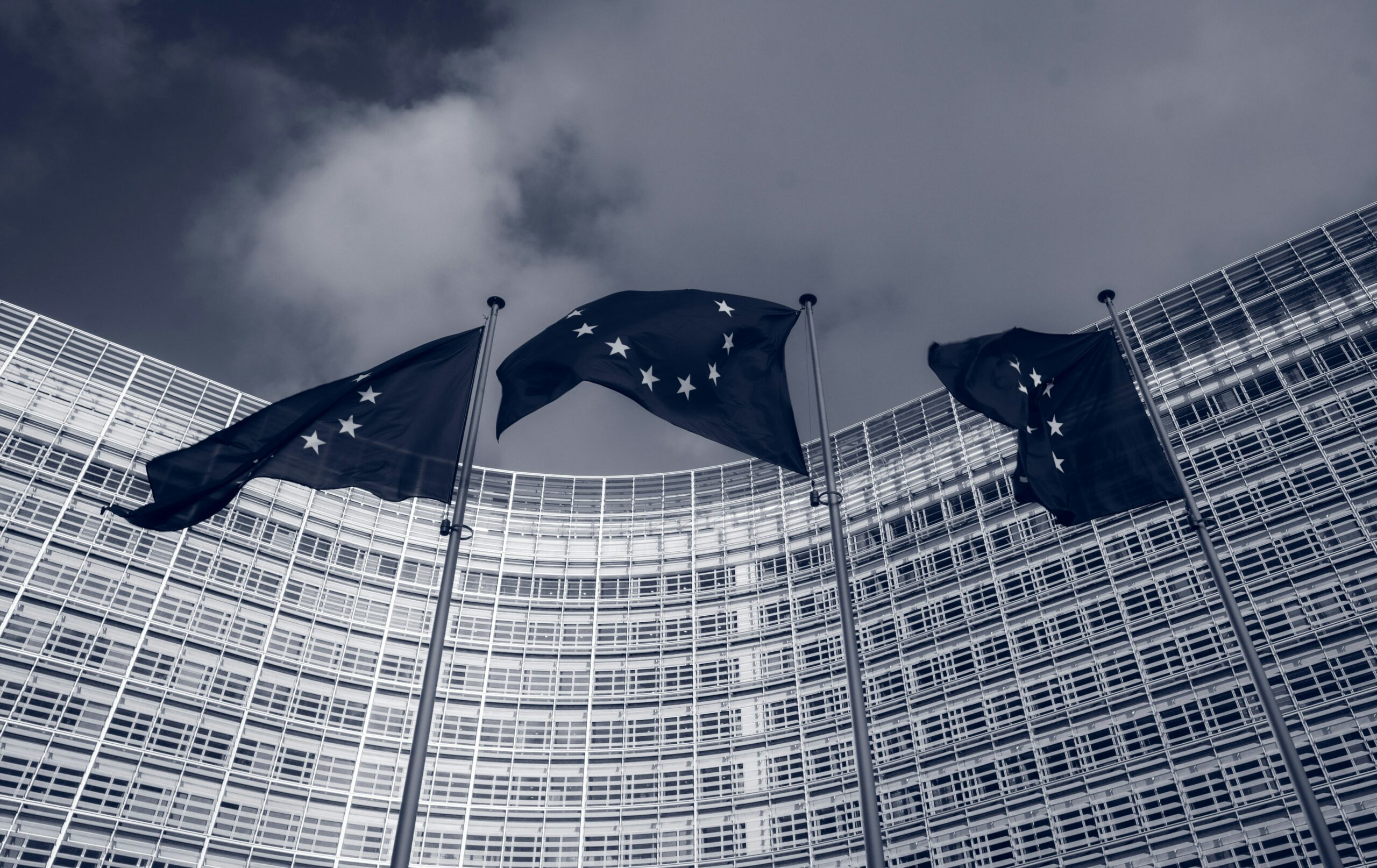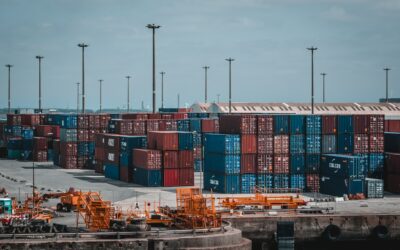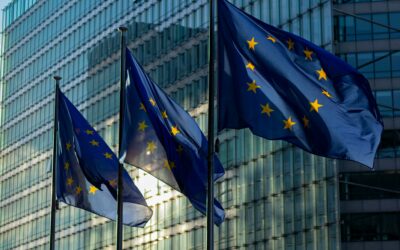We’re a non-profit climate change think tank which uses data analysis to build evidence-based campaigns on climate policy
We focus on EU policies such as the EU Emissions Trading Scheme, carbon border adjustment mechanisms and emissions reductions in industrial sectors. We believe in Europe’s ability to lead climate action by example and use its large market and ability to stimulate technological competition as an incentive for others to follow. But we’re also aware of the risk that Europe might fail to deliver on its own pledges, which is why we want to get EU climate policy right.
Our Work
Carbon Pricing
Our accomplishments on Carbon Pricing
Industry
Our policy recommendations on EU industry
CBAM
Our work on the Carbon Border Adjustment Mechanism
Data Tools
Explore all of our data tools
Financing
Our research on EU funding
Publications
Aluminium production and CCS/U: A reality check
Aluminium production remains challenging to decarbonise. This brief examines the limited potential of Carbon Capture and Utilisation (CCS/U) in the sector and explores alternative approaches that may offer more effective emissions reductions.
Towards a minimum recycled steel content in passenger cars: setting an initial target
The EU has around 286 million motor vehicles, and every year, 6.5 million of these are scrapped. If the steel scrap from these end-of-life vehicles (ELVs) is not managed well, valuable resources are lost, harming the environment. With the EU preparing its ELV Regulation, which could set targets for minimum recycled steel content for passenger cars : what should those targets be?
In or Out: What’s best for carbon removals and the EU ETS?
What will the future of the EU Emissions Trading System (ETS) look like as the emissions cap heads towards zero? Is integrating carbon dioxide removals (CDRs) into the ETS a solution to help the EU achieve its climate goals? Or would they compromise the integrity and functioning of the system? These questions are at the forefront of the Commission’s mind as they review different options for the future of the ETS ahead of the 2026 revision.
For a systematic use of default values in the CBAM
The current carbon emissions reporting in the CBAM fails to achieve its goal of replacing free allocations under the EU ETS and undermines its integrity. A systematic default value system would improve the CBAM and safeguard the EU ETS.
CBAM DRI loophole requires new free allocation reform
We took part in a targeted survey run by the European Commission’s DG TAXUD on methodologies used to calculate embedded emissions and the rules for adjusting CBAM obligations alongside free allocation under the ETS. Our proposal: free allocation should be reformed to close the ‘DRI loophole’.
Feedback on the EU Commission’s draft methodology for low-carbon hydrogen
For ‘low carbon’ hydrogen to truly make a positive contribution to Europe’s transition to climate neutrality, the safeguards put in place must be meaningful. Unfortunately, this does not appear to be the case in this draft delegated act.
TESTIMONIALS
Sandbag is recognised as a top global climate think-tank

Mundo Matogné. Rue d’Edimbourg 26, Ixelles 1050 Belgium. Sandbag is a not-for-profit (ASBL) organisation registered in Belgium under the number 0707.935.890. EU transparancy register no. 277895137794-73. VAT: BE0707935890



